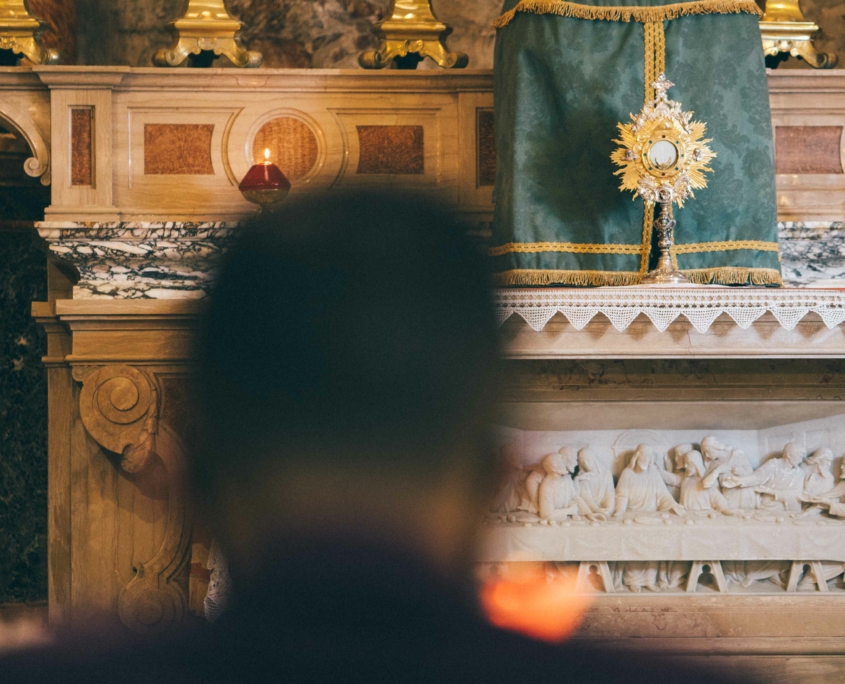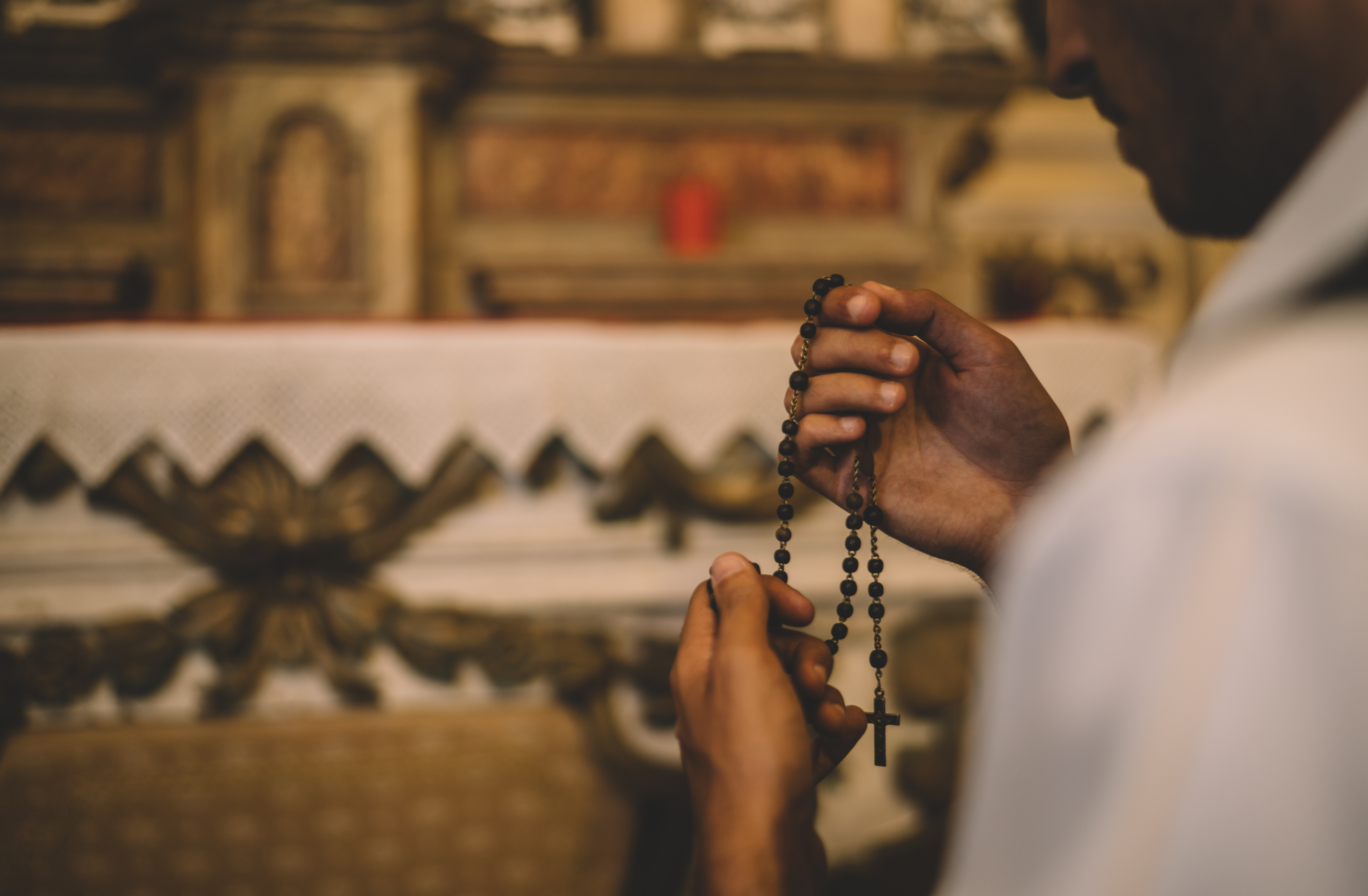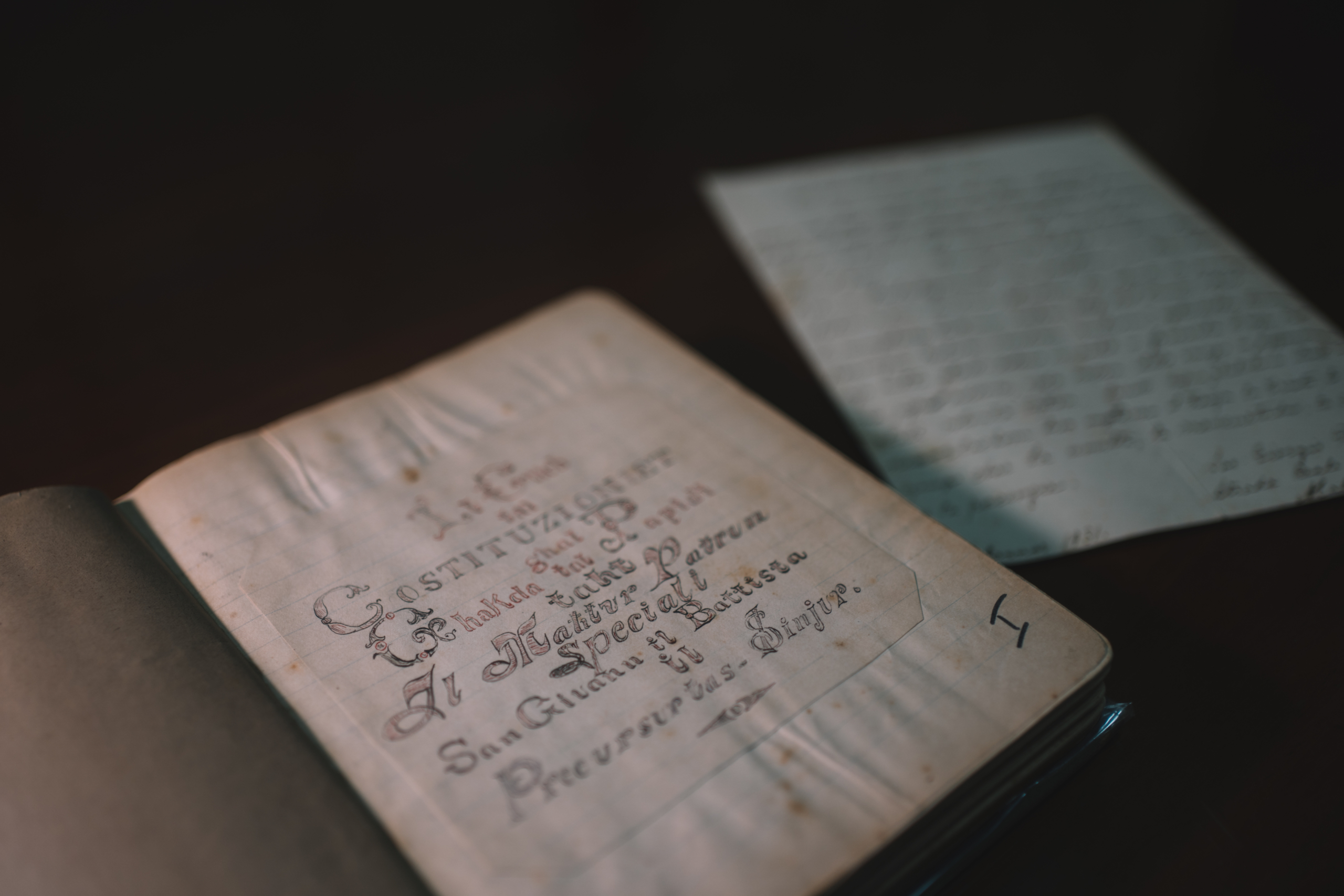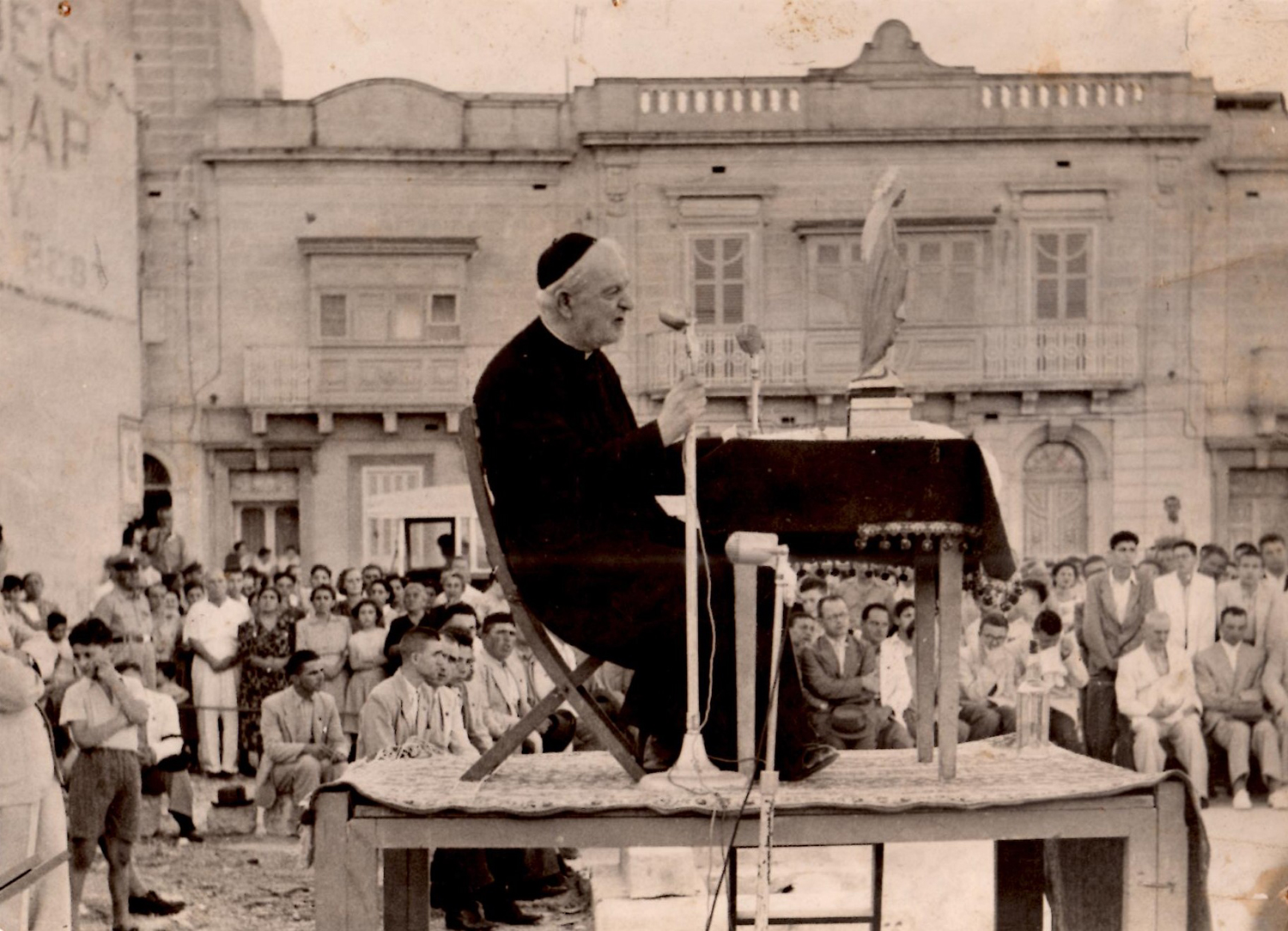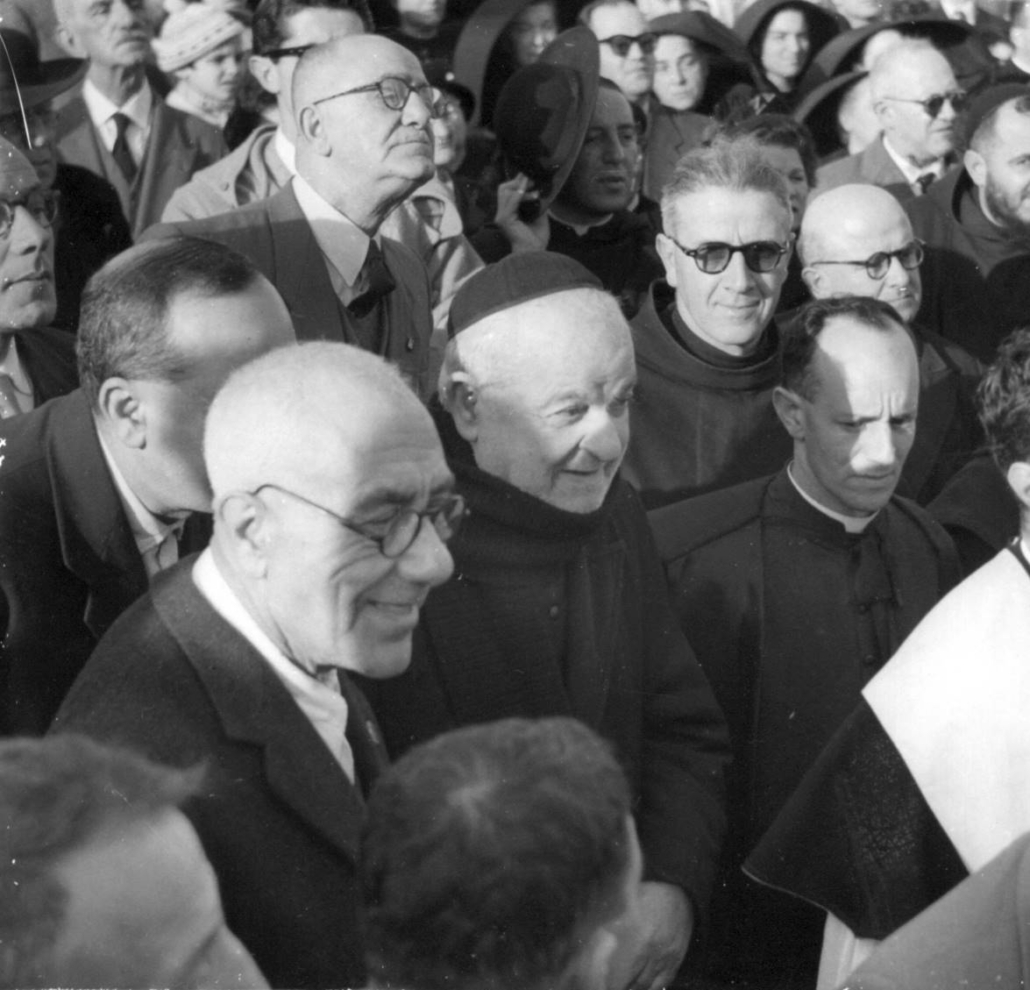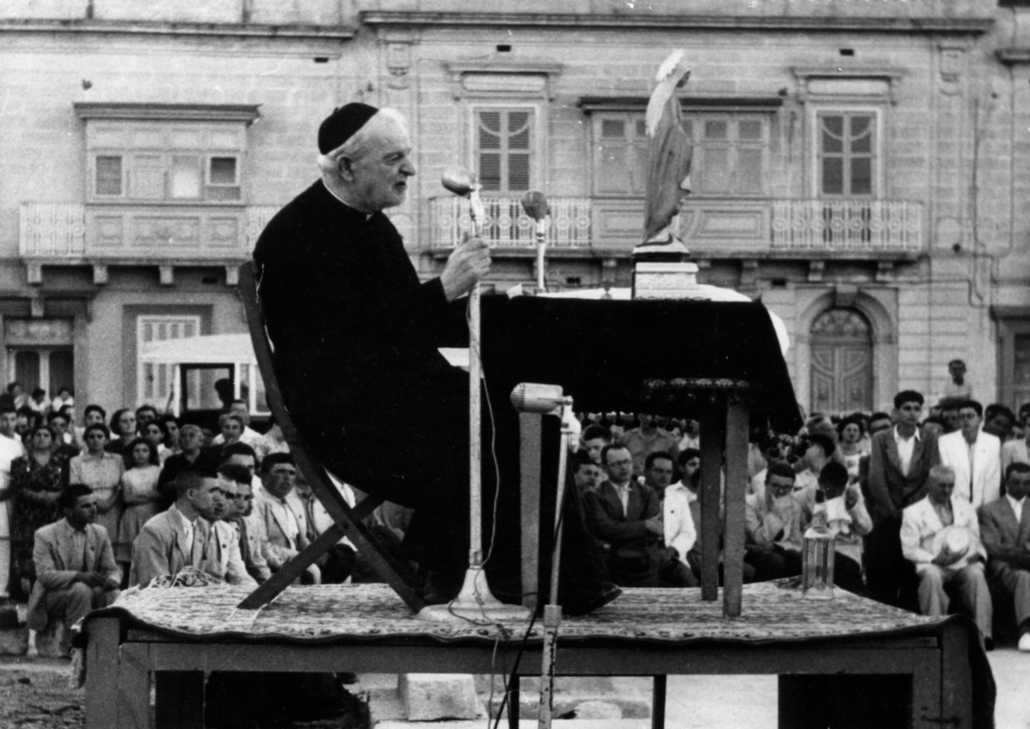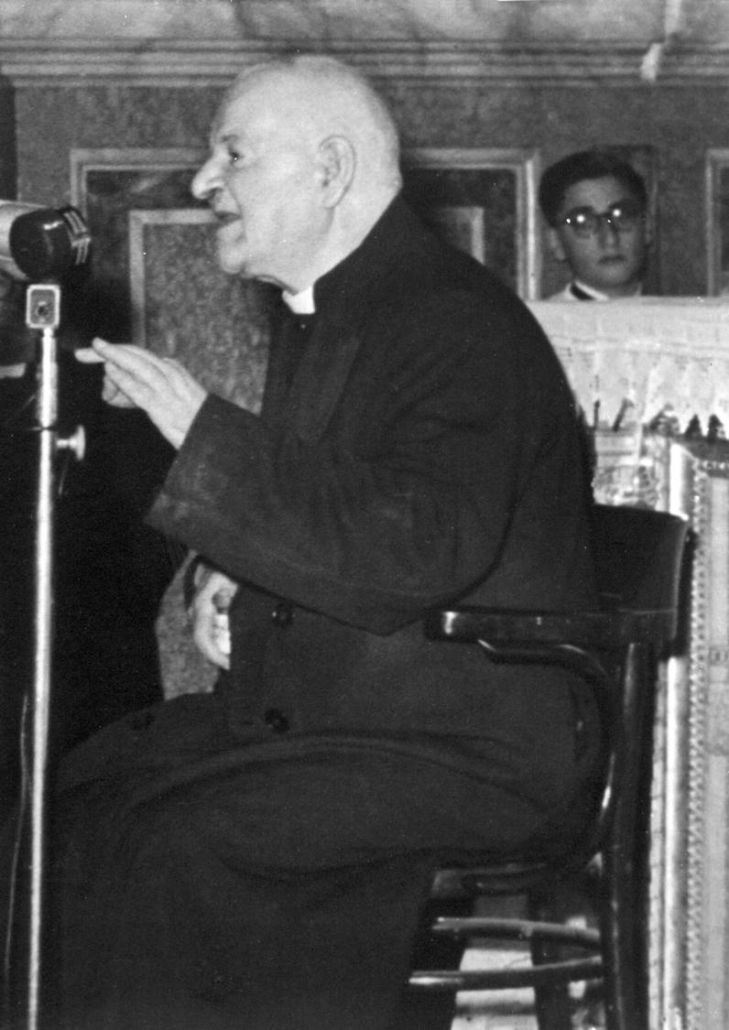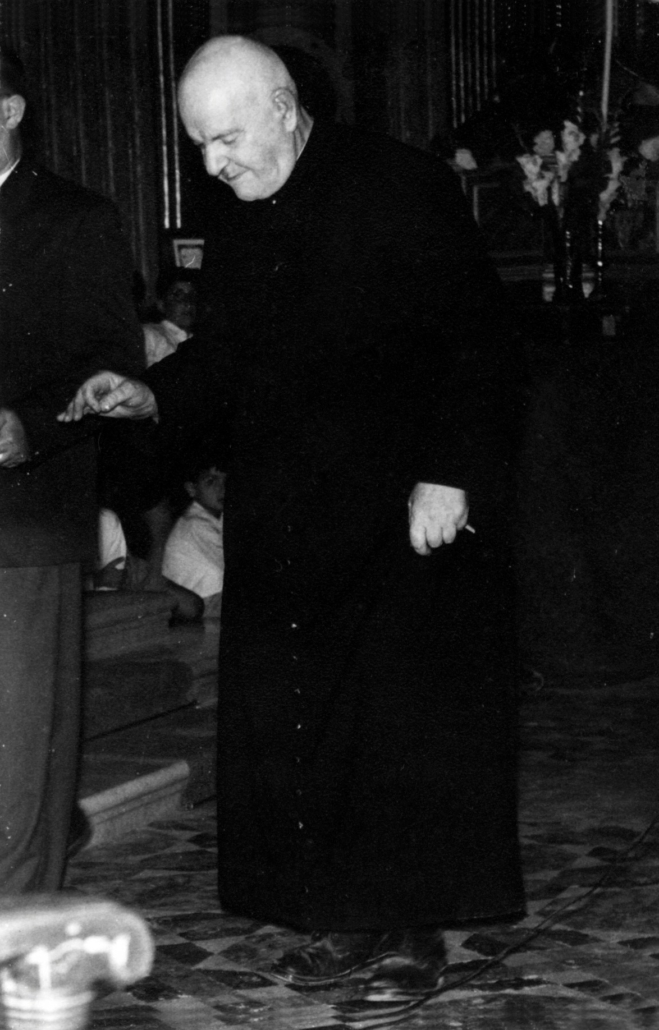His Mystical Experience
Fr Preca had a number of hurdles to overcome in the first twenty five years of the life of the Society, yet the Lord did not leave him to endure more then he could bear. At times, God seemed to intervene in a tangible way to strengthen the faith and morale of the young priest.
One such occasion was when Fr George was returning home from a town called Paola. He passed by a statue of a cross raised on a column. As soon as he came close to this place, he saw a boy of around twelve years pulling a manure cart. The boy turned and looked at the priest and ordered him to help him. Fr Preca placed his hands on the edge of the basket and started pushing. He used to recount that the minute he placed his hand to push the cart, a great sense of joy overwhelmed him and he couldn’t say to which direction they eventually went. Fr George recounted this mystical experience a number of times and it was generally understood by him that this was a kind of approval and encouragement by Jesus himself for the new Society.
Another mystical experience that Fr Preca had was around the year 1916. During this time, a considerable number of letters where published in the local (Malta) newspapers that had the intention of humiliating the young priest. Like every other individual, it was always difficult to sustain so many lies that were levelled against him and he was confused at to how one should react. On a particular day, as he entered home and was climbing the stairs to go to his room, he passed by the holy picture of our Lady of Good Council. He paused and prayed about the issue. The moment he stopped to pray, he distinctively heard a voice, a very clear voice, telling him in Latin: Serva Silentium, which means, observe silence. He concluded that the Virgin Mother was telling him not to retaliate or in any way answer back to the false accusations some were levelling against him.
A Prolific Writer
Fr George Preca was a man capable of great energy and dynamism. As his home aide, Nellie Bartolo testified that he would often burn a candle (literally, for he lived a life of absolute poverty) late into the night – preparing his sermons or writing some of his more than 140 books and pamphlets. His wish was that of educating Malta in its love for God and neighbour, that the whole world accepts the Gospel ( Magister Utinam Sequator Evangelium Universus Mundus), and he was ready not to spare himself any pain in achieving that ideal. At a time when the language question was raging in Malta, and our mother tongue was forgotten in the fight for supremacy between Italian and English, Fr George Preca began writing for the public in Maltese. The earliest manuscripts date as far back as 1909, and his merits as a writer had already been recognised. He used the ingenious method of spreading “manual papers”, as he called them – a printed sheet covering some point of Christian doctrine and passed on by hand- to teach different aspects of the Christian life.
The Preacher
As a preacher Fr George Preca was much sought after, and when the news ran through village or town that the saintly priest was on his way there, village and town would arouse itself and flock to hear him speak. As he walked through the streets, standing tall and leaning a little forward, with his hand raised in blessing, children would gather around him and mothers would beg him to bless their babies and rosary beads. His power was a thing apart from words, like that of so many – perhaps most – great leaders. When he spoke, it was not only what he said, it was the suppressed heat of personal feeling, personal conviction which enkindled people. Virtue emanated from him, drawing both adults and children, and made his catechizing more potent than the pulpit eloquence of his day. He knew how to laugh and make people laugh at the failings of mankind, graciously drawing the moral at the end. He knew how to make people conscious of their grave calling as Christians, as well as making them aware not only of the rewards and kindness of God, but also of his justice and punishment.
Nobody was excluded from his love, so much so that all of Malta and Gozo were influenced by his ability to adapt the perfection of the spiritual life to the common housewife and workman. Rich and noble people, drydock workers, refuse collectors – all and sundry were attracted by this priest’s powerful message to reform themselves.
